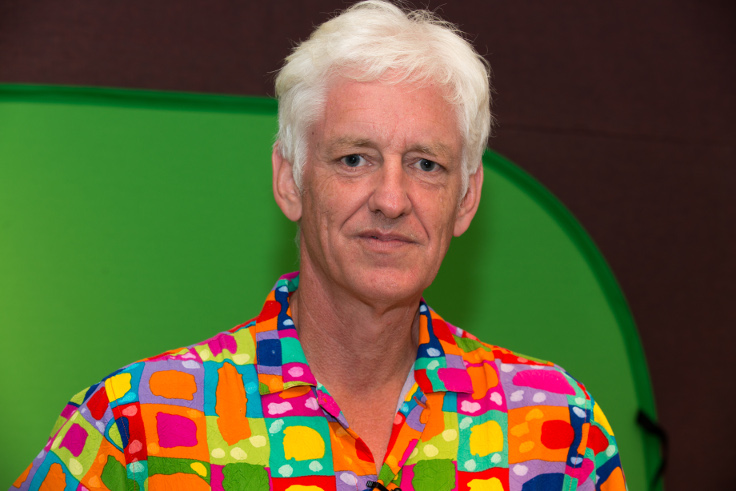
Robert J. Glushko of University of California, Berkeley, will be presenting the following keynote at OpenSym 2015:
Title: Collaborative Authoring, Evolution, and Personalization for a “Transdisciplinary” Textbook
Abstract: This presentation is a case study about a book titled The Discipline of Organizing, which proposes a transdisciplinary synthesis of ideas from library and information science, computer science, informatics, cognitive science, business, and other disciplines that “intentionally arrange collections of resources to enable interactions with them.” This case study discusses the interrelationships between the transdisciplinary goal for the book, the process of collaborative authoring required to write it, the novel architecture of the book’s content, and the innovative reading experiences in print and ebook formats that are enabled. The idea that abstract concepts and methods of organizing define a new discipline that is contextualized by more specific concepts and methods inevitably led to a collaboratively-authored book whose design embodies this intellectual architecture. The book’s content is organized as a transdisciplinary core with supplemental content identified by discipline. This content model creates a “family of books” with thousands of siblings, any of which can be published in print or as an ebook by filtering on the disciplinary attributes. This “design-time” customization was enhanced to enable “reading-time” personalization for ebook formats. In addition, the rich semantic markup that enables customization and personalization is fodder for further experimentation about “smart textbooks” that can be continuously made smarter by dynamic discovery and inclusion of content.
Biography: Robert J. Glushko is an Adjunct Full Professor in the School of Information at the University of California, Berkeley. After receiving his PhD in Cognitive Psychology at UC San Diego in 1979, he spent about ten years working in corporate R&D, about ten years as a Silicon Valley entrepreneur, and now has worked over ten years as an academic. His interests and expertise include information systems and service design, content management, and ebook design and publishing. He founded or co-founded four companies, including Veo Systems in 1997, which pioneered the use of XML for electronic business before its acquisition by Commerce One in 1999. He is a co-author of Document Engineering: Analyzing and Designing Documents for Business Informatics and Web Services, published in 2005. More recently, he is the principal author and editor of The Discipline of Organizing, named an “information science book of the year” in 2014 by the Association of Information Science and Technology.



